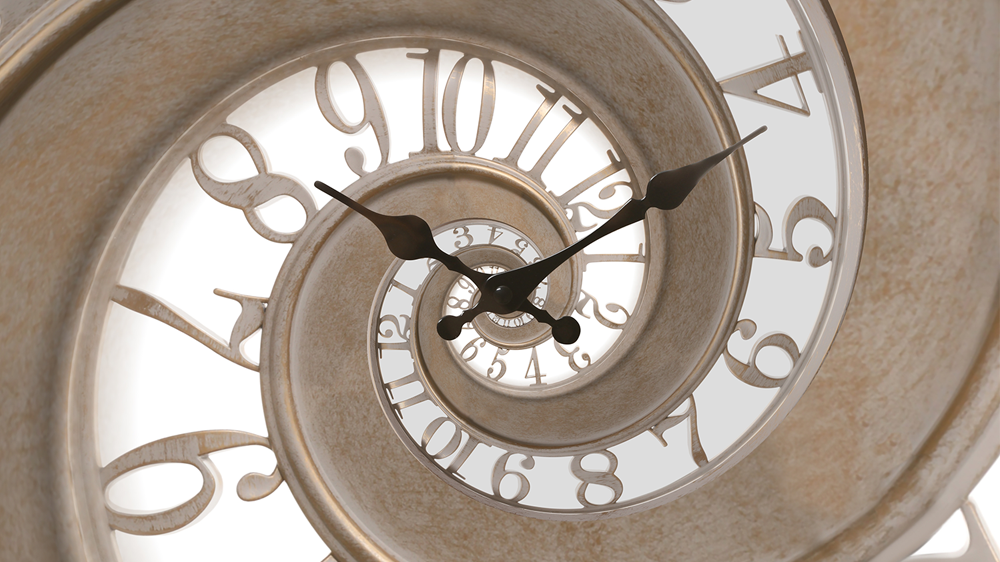How your Time Perspective can influence your future
Have you ever noticed how some people focus on the past, some live in the moment, and others tend to focus on the future?
This tendency is known as our time perspective. It’s a useful predictor of different types of behaviour, such as health behaviour, risk management, substance abuse, risky driving and wellbeing.
Our time perspective is quite stable, in the same way our personality tends to be.
Why is time perspective useful?
Knowing our own time perspective can help explain our behaviour or preferences. For example, it may be difficult to engage with forward planning if you believe that everything is pre-determined by fate.
It may be that you are so strongly focused on the future that you are less inclined to stop and enjoy the present.
Understanding our time perspective helps us know ourselves better so that we can make better use of our remaining time. As we get older this becomes more important.
What are the key characteristics?
Five key characteristics combine to give a picture of our time perspective. Typically, one or two are more dominant and frame our own time perspective:
1. Past Negative - Tend to dwell on what went wrong
2. Past Positive - Tend to look at the past through rose-coloured glasses
3. Present fatalistic - Tend to leave everything to fate
4. Present hedonistic - Live in the moment
5. Future - Naturally want to plan ahead
An emphasis on types 1, 4 and 5 suggests a greater inclination to pursue planning, whereas types 2 and 3 find it harder to get moving.
We all have some of each time perspective and all of them have healthy and less healthy aspects. Being mindful of your time perspective can help your focus and strike a balance that suits you. Achieving this appears to increase satisfaction with life.
What is my time perspective?
If you want to dig deeper into this, a formal questionnaire to help to identify your time perspective is available at:
http://www.thetimeparadox.com/surveys/
In a few minutes you can complete the quiz and compare yourself with norms.
What can I do on the strength of this?
We are different from each other and there is no ‘right’ way to approach planning. Your time perspective can provide a useful insight into your own tendencies as you work your way through planning your longevity – the rest of your life.
